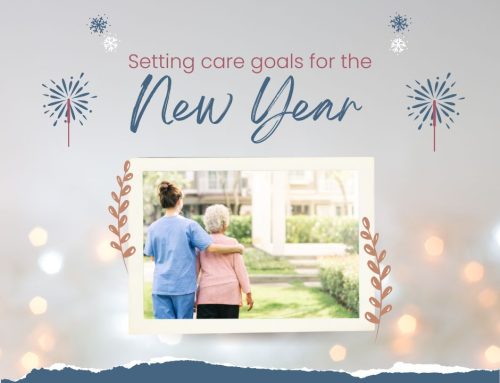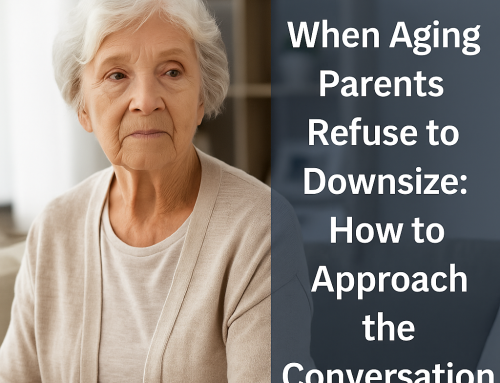Watching a loved one age can bring a mix of emotions: concern, love, confusion, even grief. What once seemed simple—walking across the room, remembering a name, or keeping up with conversations—can suddenly become challenging. But aging is not something to fear. It’s a natural part of life, and the more we understand it, the better we can support our loved ones and ourselves.
Physical Changes That Come With Aging
As the body ages, some physical changes are expected:
– Muscle and bone loss: Decreased strength, balance issues, and higher fall risk
– Slower metabolism: Leading to energy dips and changes in weight
– Joint stiffness or arthritis: Reducing mobility and comfort
– Vision and hearing decline: Making communication and navigation more difficult
– Weakened immune system: Increasing vulnerability to illness
These changes may be frustrating or even frightening for your loved one. Encourage healthy eating, gentle exercise, and regular checkups to help maintain strength and function.
Cognitive Changes in Older Adults
Cognitive shifts are a normal part of aging, but they can be misunderstood:
– Slower recall: Forgetting names or appointments occasionally is normal
– Processing speed: Tasks may take more time but still be done accurately
– Problem-solving: Adapting to new technology or situations may feel harder
These differences don’t necessarily indicate dementia. However, if you notice confusion, disorientation, or repeated memory lapses, it may be time for a professional evaluation.
The key is to be aware without jumping to conclusions. Support your loved one with patience, visual reminders, and simple routines that encourage independence.
Emotional and Psychological Changes
Emotional changes in older adults can stem from both biological shifts and life experiences:
– Grief: Loss of friends, independence, or past identity
– Loneliness: Especially if they live alone or are no longer working
– Anxiety or depression: Can increase due to health fears or social isolation
Promoting connection and purpose is essential. Encourage hobbies, social time, and mental health support if needed. Don’t overlook the value of simply being present and listening.
Supporting Your Loved One Through the Aging Process
Being a supportive family member doesn’t mean having all the answers. It means showing up, listening, and adapting together. A few suggestions:
– Have open, respectful conversations about changes
– Make practical adjustments (like grab bars or medication organizers)
– Celebrate their strengths and accomplishments
– Involve professionals: Care managers, doctors, or therapists can guide your journey
Your role is to walk beside your loved one, not ahead of them.
Final Thoughts
Aging doesn’t look the same for everyone, but compassion is always the right approach. The more you understand about the physical, mental, and emotional shifts that occur with age, the better equipped you are to provide care and connection. Understanding these changes is crucial, especially when navigating the geriatric care assessment process, which helps identify specific needs and concerns. By being attuned to these shifts, caregivers can foster a more supportive environment that promotes dignity and respect. Ultimately, this compassionate approach enhances the quality of life for older adults, ensuring they feel valued and understood.
If you need guidance or just someone to talk to, our team is here for you. Let’s navigate this stage together—with grace, dignity, and support.






